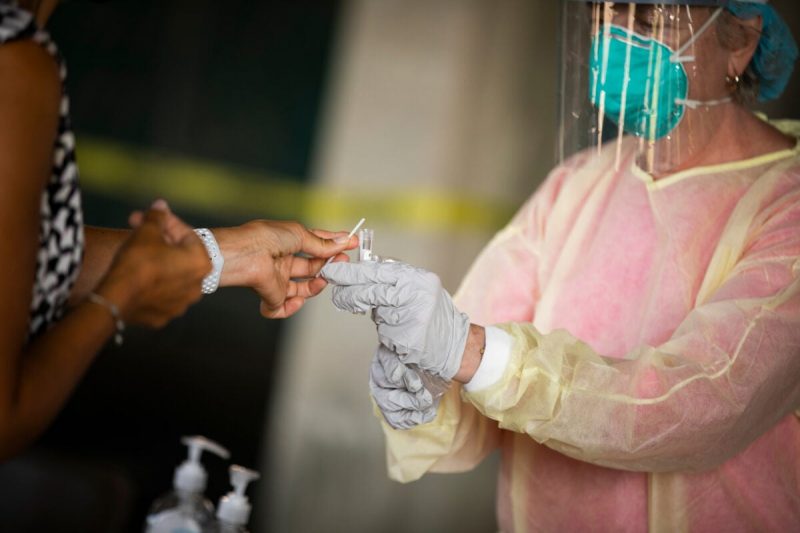Vaccines Amidst a Pandemic: Balancing Speed and Efficacy
The race to develop and distribute effective vaccines for the novel coronavirus has been nothing short of remarkable. With unprecedented global collaboration and accelerated research efforts, multiple vaccines have received emergency use authorization in record time. However, as the world celebrates this scientific feat, questions arise about the speed versus the thoroughness of the vaccine development process and the potential challenges ahead.
One of the key concerns surrounding the rapid development of COVID-19 vaccines is the balance between speed and efficacy. While the urgent need for a vaccine to combat the pandemic prompted governments, pharmaceutical companies, and researchers to expedite the timeline, some worry that the hurried approval process may compromise safety and long-term efficacy. Traditional vaccine development often takes several years to ensure thorough testing for both safety and effectiveness. The compressed timeline for COVID-19 vaccines has raised skepticism among some individuals about the thoroughness of clinical trials and the potential for unknown long-term side effects.
Moreover, the emergence of new variants of the virus adds another layer of complexity to the vaccination efforts. Scientists are continually monitoring and studying these variants to determine whether existing vaccines provide sufficient protection against them. The ability of the virus to mutate rapidly underscores the importance of ongoing research and surveillance to adapt vaccination strategies as needed. This adaptability is essential to stay ahead of the virus and ensure that vaccines remain effective in the face of evolving challenges.
Additionally, the logistics of vaccine distribution present a significant challenge in the global fight against COVID-19. Ensuring equitable access to vaccines, particularly in low-income countries with limited healthcare infrastructure, remains a formidable task. Vaccine nationalism, where wealthier nations secure a disproportionate share of vaccine doses, threatens to exacerbate global inequalities in healthcare access. Collaborative efforts among governments, organizations, and pharmaceutical companies are crucial to address these inequities and ensure that vaccines reach those who need them most.
Despite these challenges, the rapid development and distribution of COVID-19 vaccines offer a glimmer of hope in the fight against the pandemic. Vaccination campaigns are essential in achieving herd immunity and bringing an end to the public health crisis. As more individuals receive the vaccine, the collective effort to combat the virus gains momentum, paving the way for a return to normalcy.
In conclusion, the expedited development of COVID-19 vaccines represents a significant scientific achievement, albeit one that raises important questions about the balance between speed and efficacy. While the speed of vaccine development has been impressive, ongoing research and monitoring are essential to ensure their long-term safety and effectiveness. The global community must work together to address challenges in vaccine distribution and access, prioritizing equity and cooperation in the battle against COVID-19. By remaining vigilant, adaptable, and united, we can leverage the power of vaccination to overcome the pandemic and build a healthier future for all.

